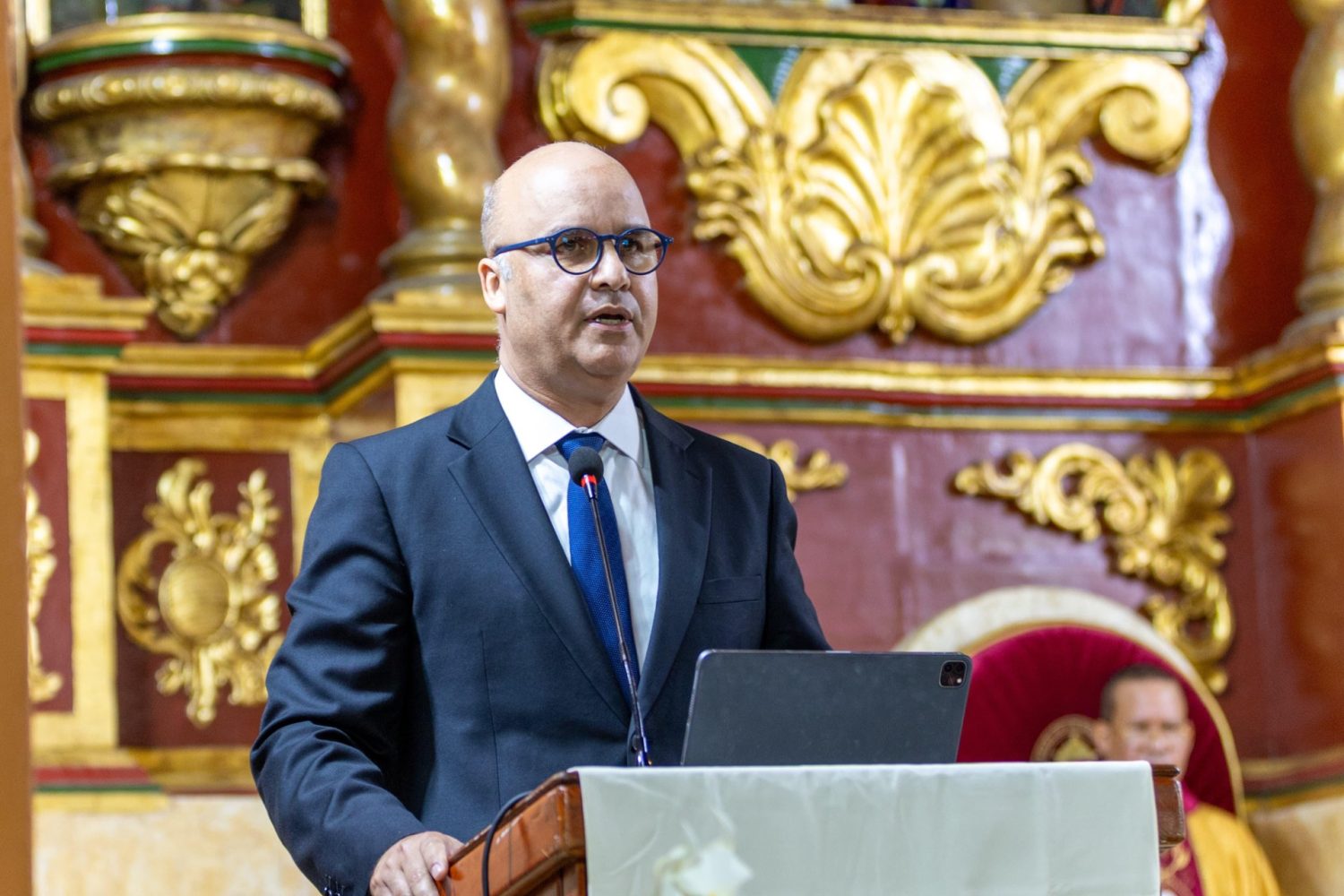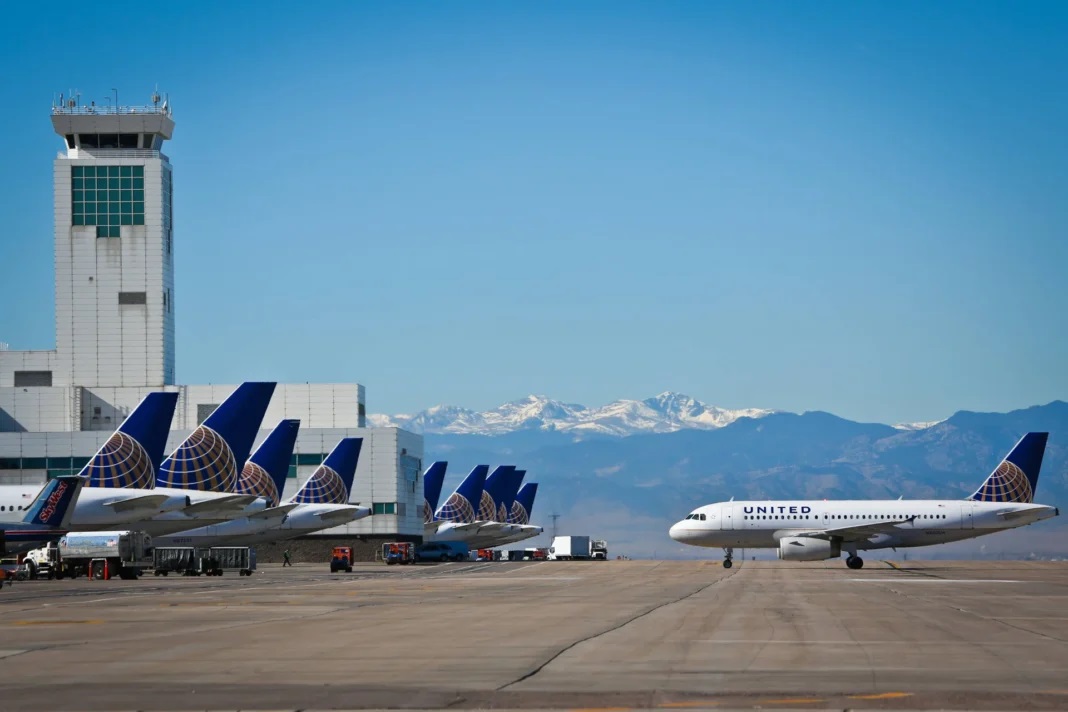Haydee Kuret-Rainieri unveils the great impact of Artificial Intelligence on tourism

The tourism industry is and will be one of the most important economic sectors worldwide and in the case of the DR, it is a key pillar of the economy, so it is necessary that the sector and the entire economy assume the changes introduced by the advance of digitization and the impacting changes, already posed by the development of artificial intelligence.
The observation was made by Haydée Rainieri, member of the board of directors of the Puntacana Group, in her participation as guest speaker at the monthly luncheon of the American Chamber of Commerce in which she offered the conference “The Tourism Industry and Artificial Intelligence”, and analyzed the current and future incidence of the new contribution of the digital revolution.
He stated that the scenario of the coming years will be defined by the analysis of the World Tourism Organization (UN-Tourism), which predicts that by 2030, the arrival of international tourists will reach 1.8 billion, and in the next twenty years there will be a continued growth of the sector. Our country’s goal is to have 1.5 tourists per inhabitant, which would represent 15 million by 2030.
She noted that the facts show that the tourism industry is highly resilient and human beings are not willing to stop traveling. “So we would dare to say that the economic future of the Dominican Republic, in the short and medium term, will continue to be based on the tourism industry. Provided we are able to adapt to the changes and needs of travelers and the challenges posed by digitalization.”
In recent decades, explained the speaker, the development of networks generated an important transformation that allowed the connection and interaction with photos and videos between people millions of kilometers away, which created “a greater interest in knowing destinations, driving the massive development of the tourism industry”.
He pointed out that the tourism industry “today is entering a new stage with the emergence of artificial intelligence as a new source of transformation for societies and businesses”; and we are already seeing that impact; and he cited the experience of the Puntacana Group on the website of its Tortuga Bay hotel with “VELMA”, “our virtual assistant that speaks 24 languages, interacts with users’ questions, recommends and does all kinds of interaction”.
Haydée Rainieri highlighted that using AI implies risks, including the displacement of workers that must be foreseen, but beyond the risks, “there is the reality of AI with its multiple benefits, which will radically transform our economy and our society”; and to take advantage of its benefits for our economy and the tourism sector, “we will have to face some challenges”.
He noted that the biggest of these is the shortage of skilled AI workers, which needs to be overcome; universities must also update hospitality curricula, and a labor adaptation strategy is essential to mitigate the negative effects of automation, such as the replacement of human positions, and will maximize the benefits by preparing employees for new roles and responsibilities.
Also, he said, it is necessary to consider that SMEs, “have little capacity for innovative investment in AI, and that any business strategy aimed at strengthening the productive sectors should include plans that are beneficial to large, medium and small companies”.
Another major challenge, he warned, is to improve the network infrastructure for access to information, storage and data processing, both for the company and for the visitor. It is essential to update the digital coverage, a task that corresponds to the private sector; it involves a high investment, but urgently needs to be addressed if we want to remain leaders in the tourism industry in the Caribbean and Central America.
Finally, he said that it is necessary to create a formal artificial intelligence strategy in the hotel industry and in the industry at the national level, which “should contemplate data centers from where we can develop our own AI platform”.








